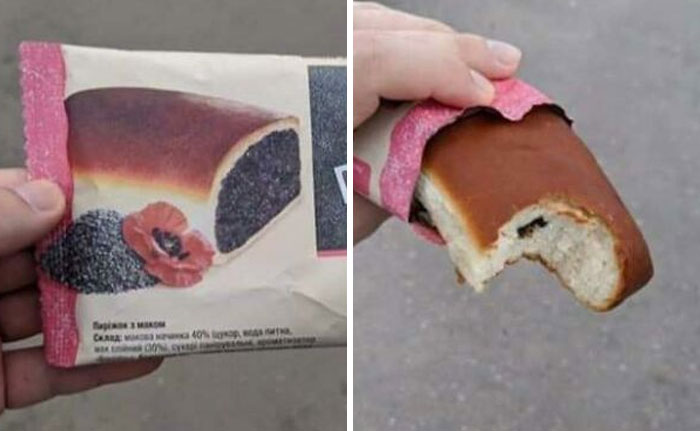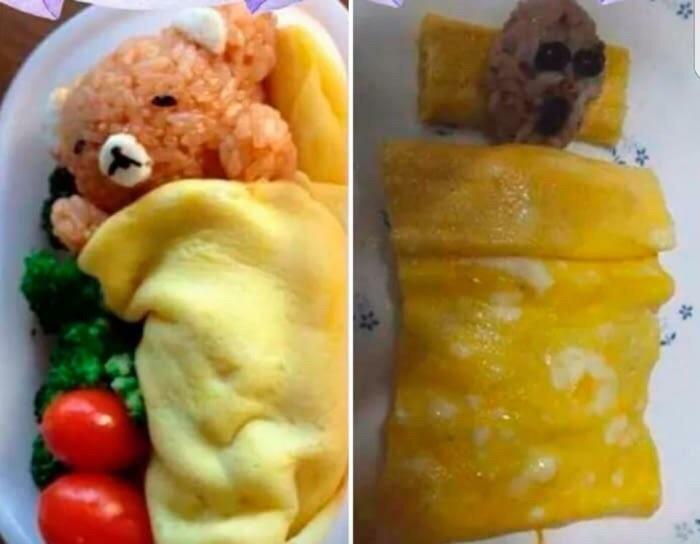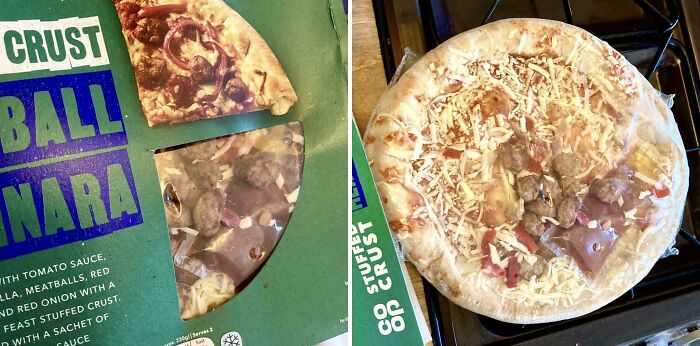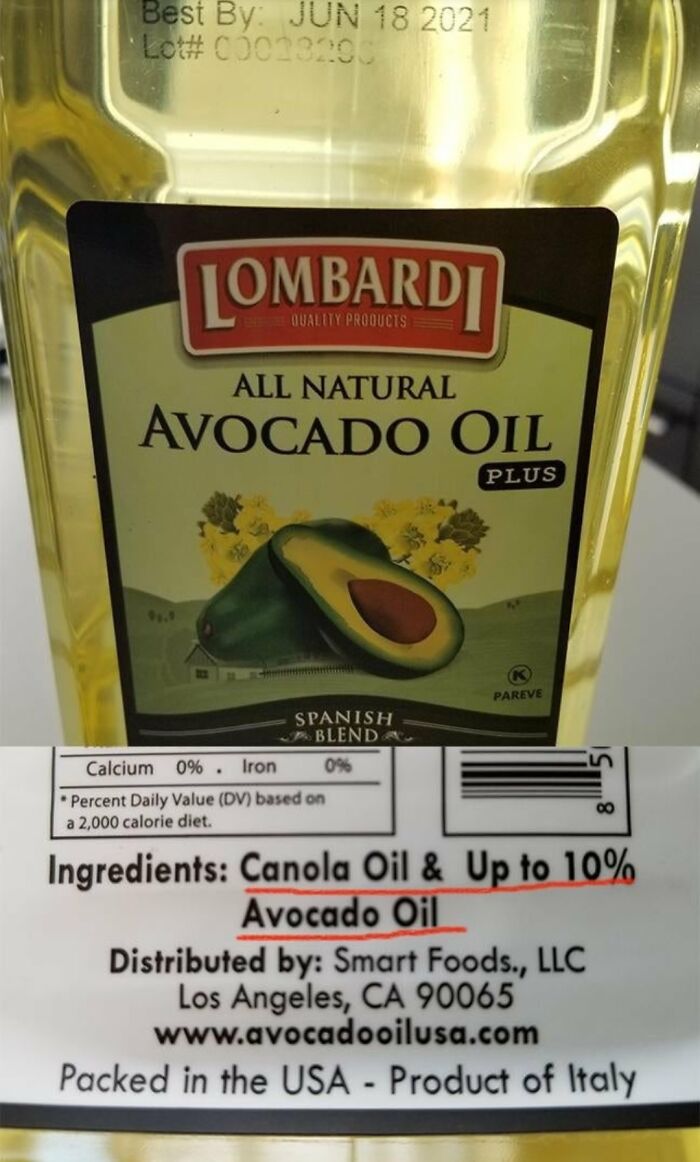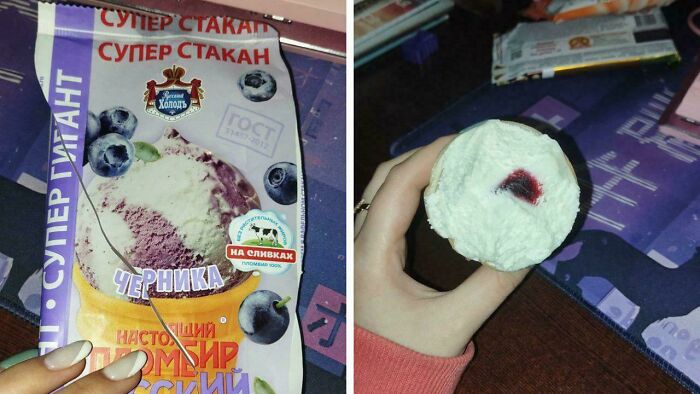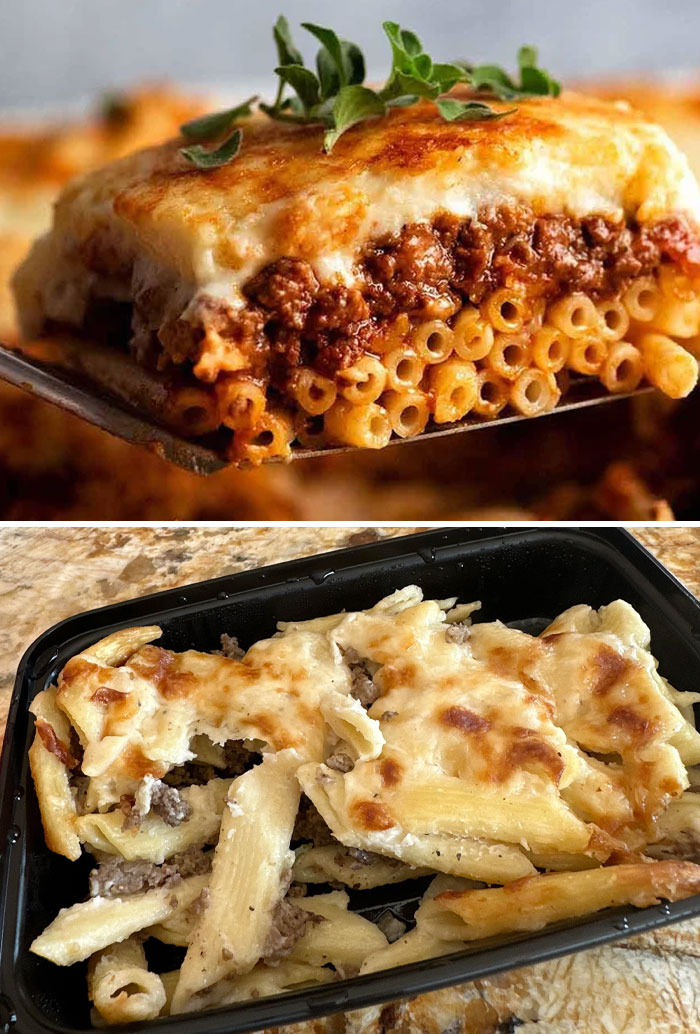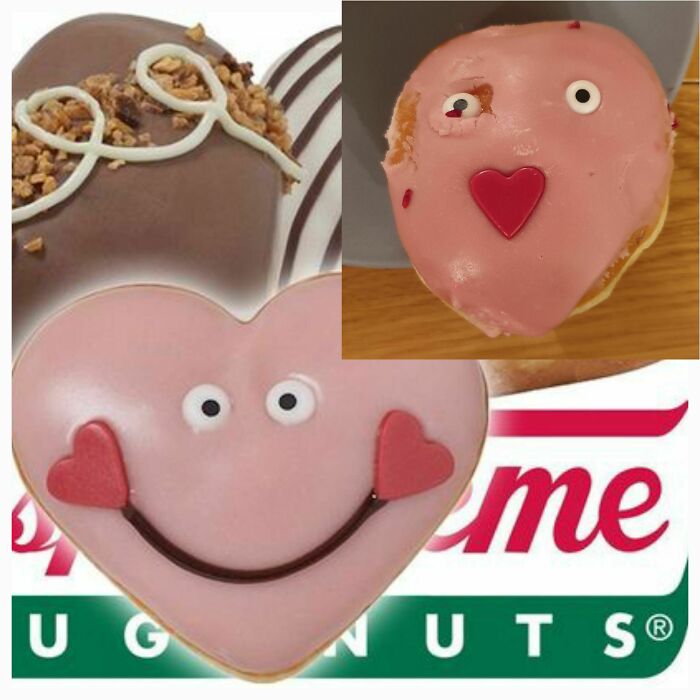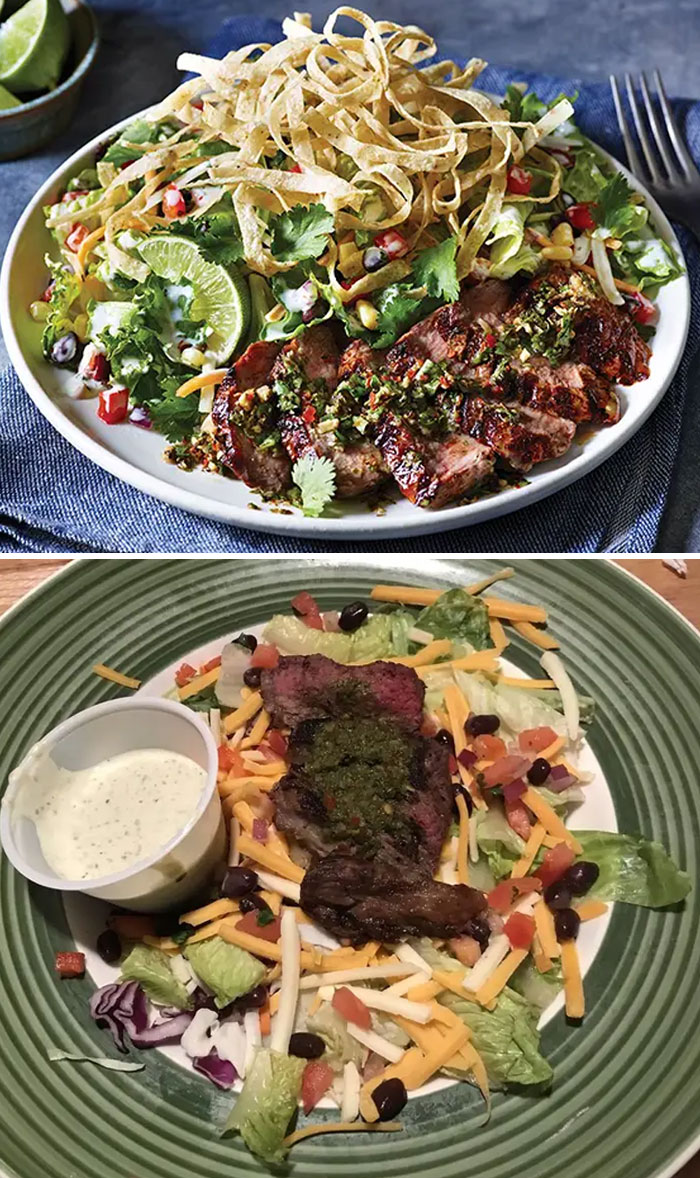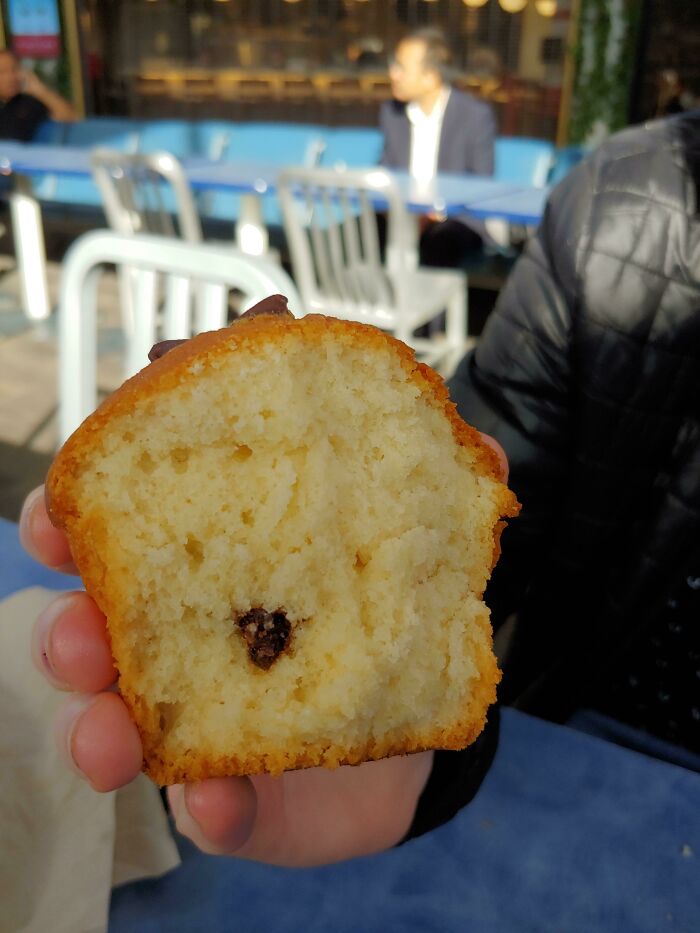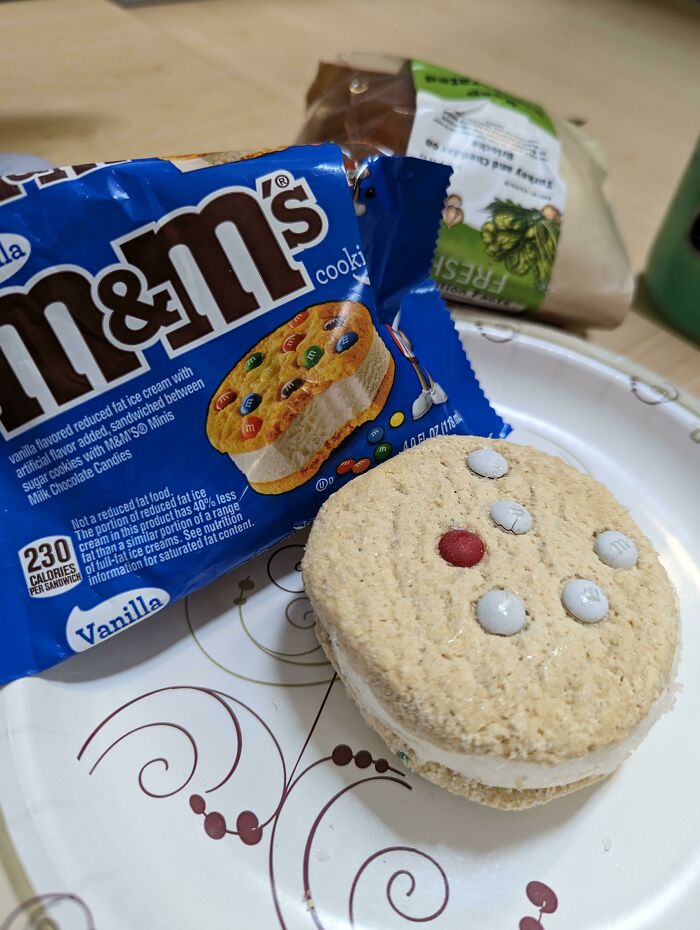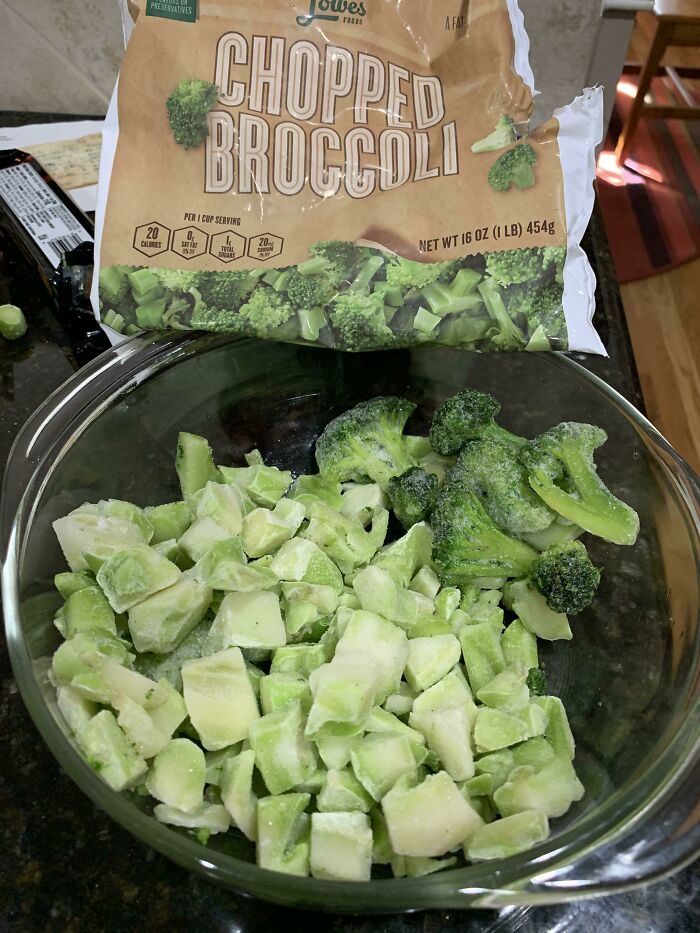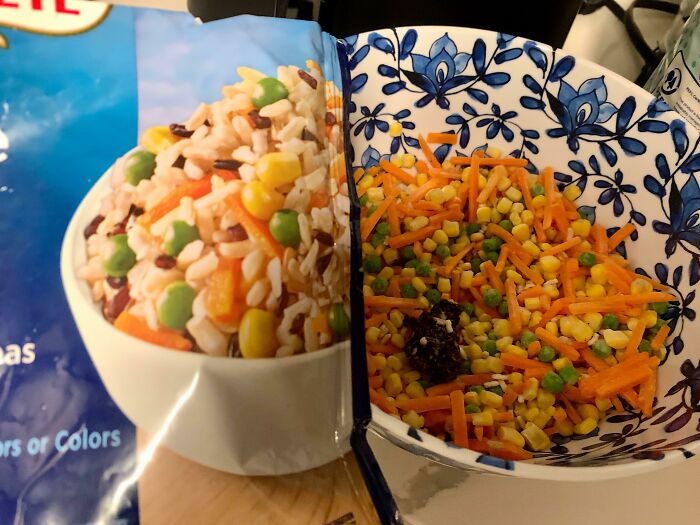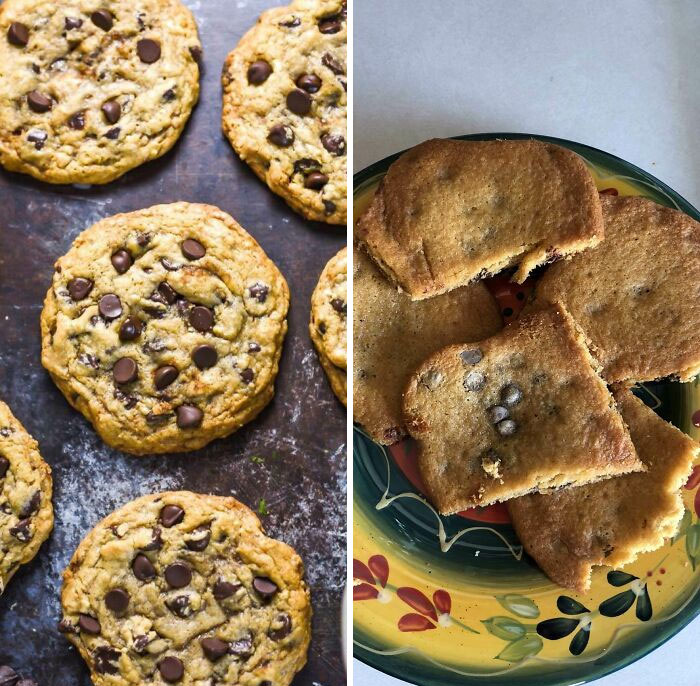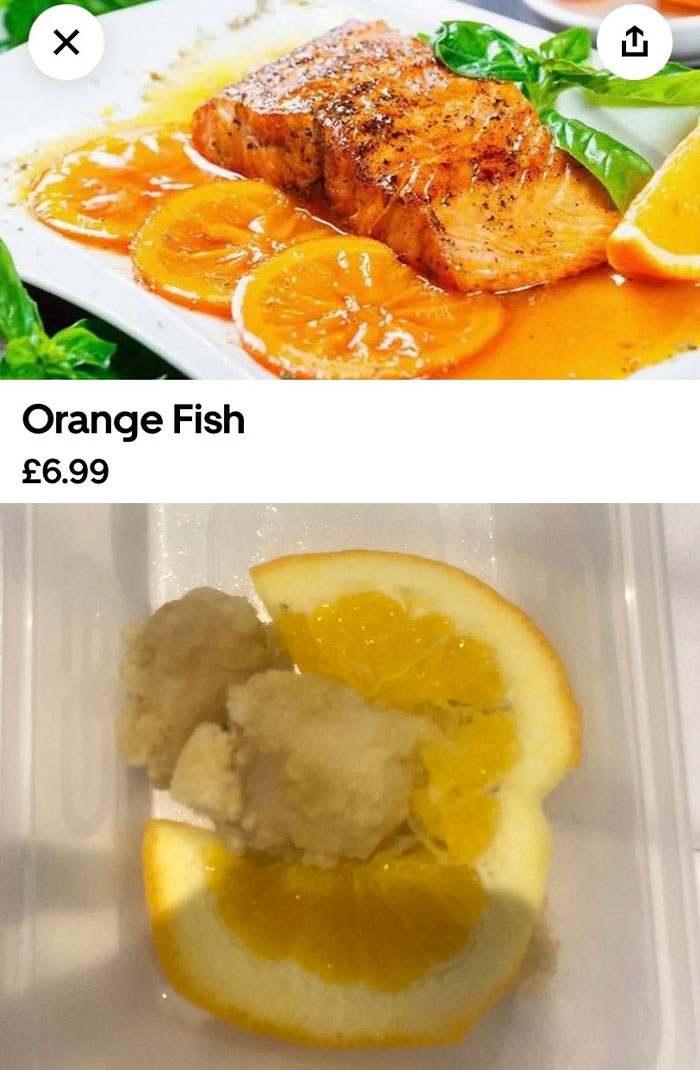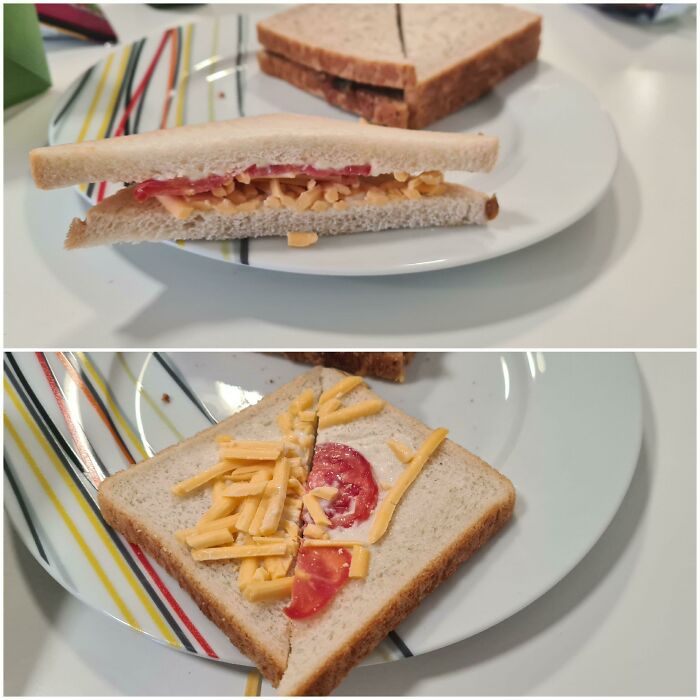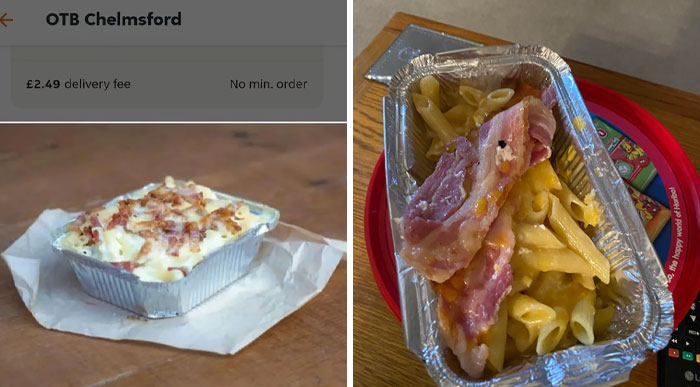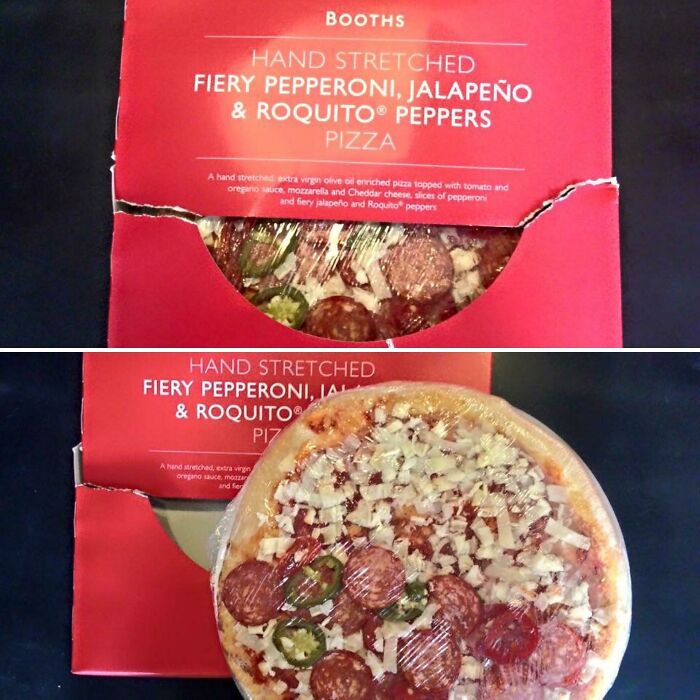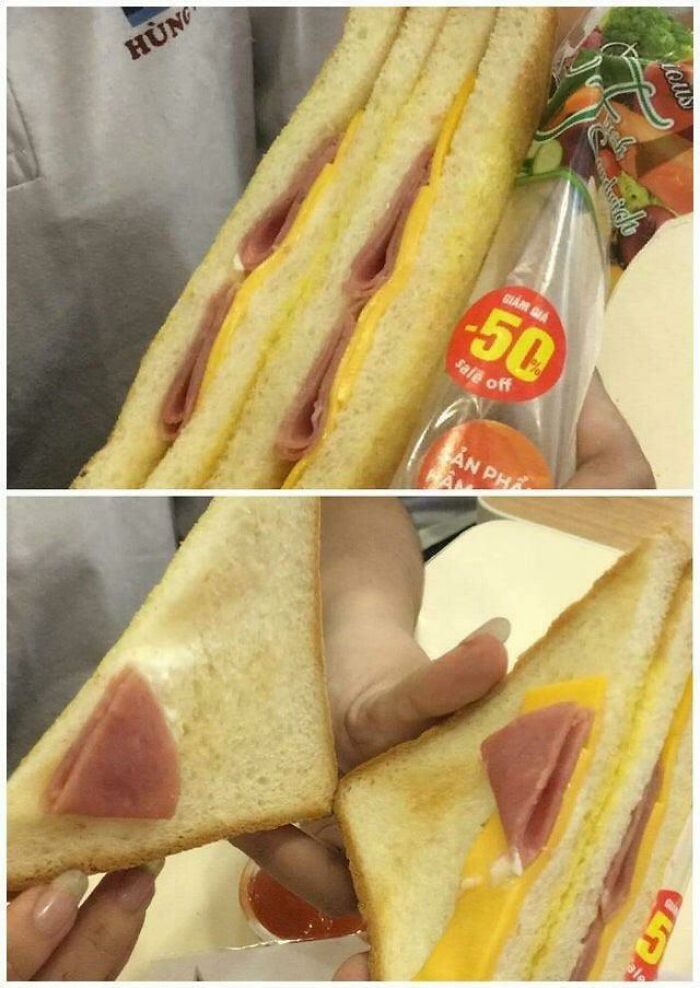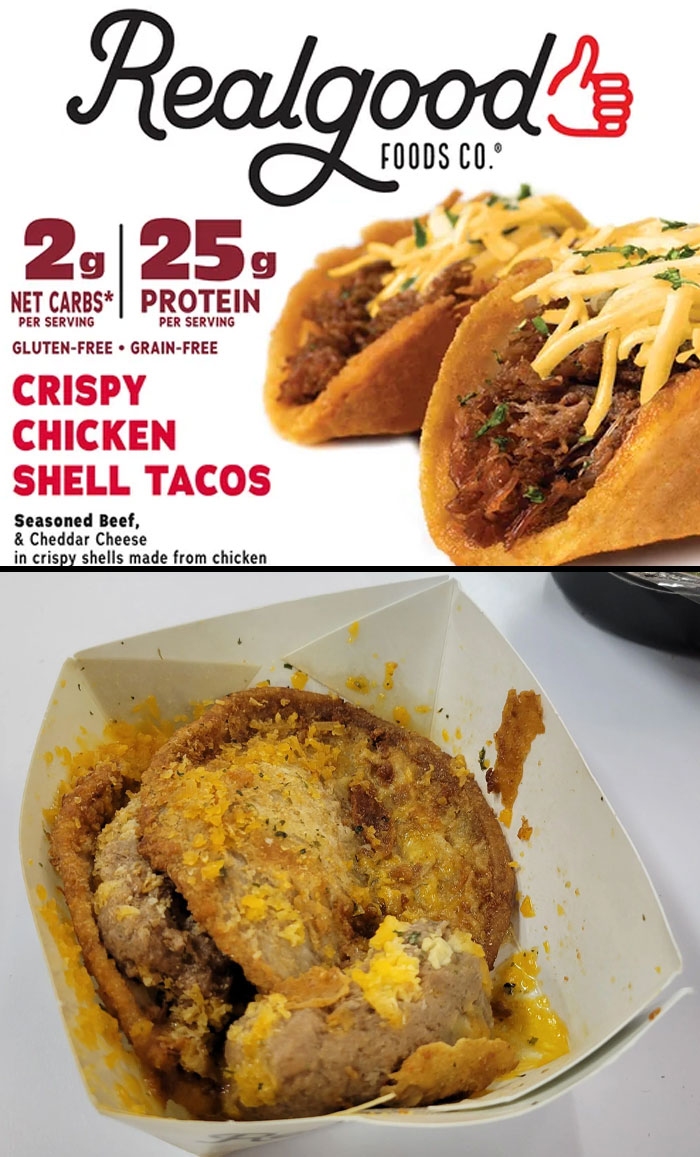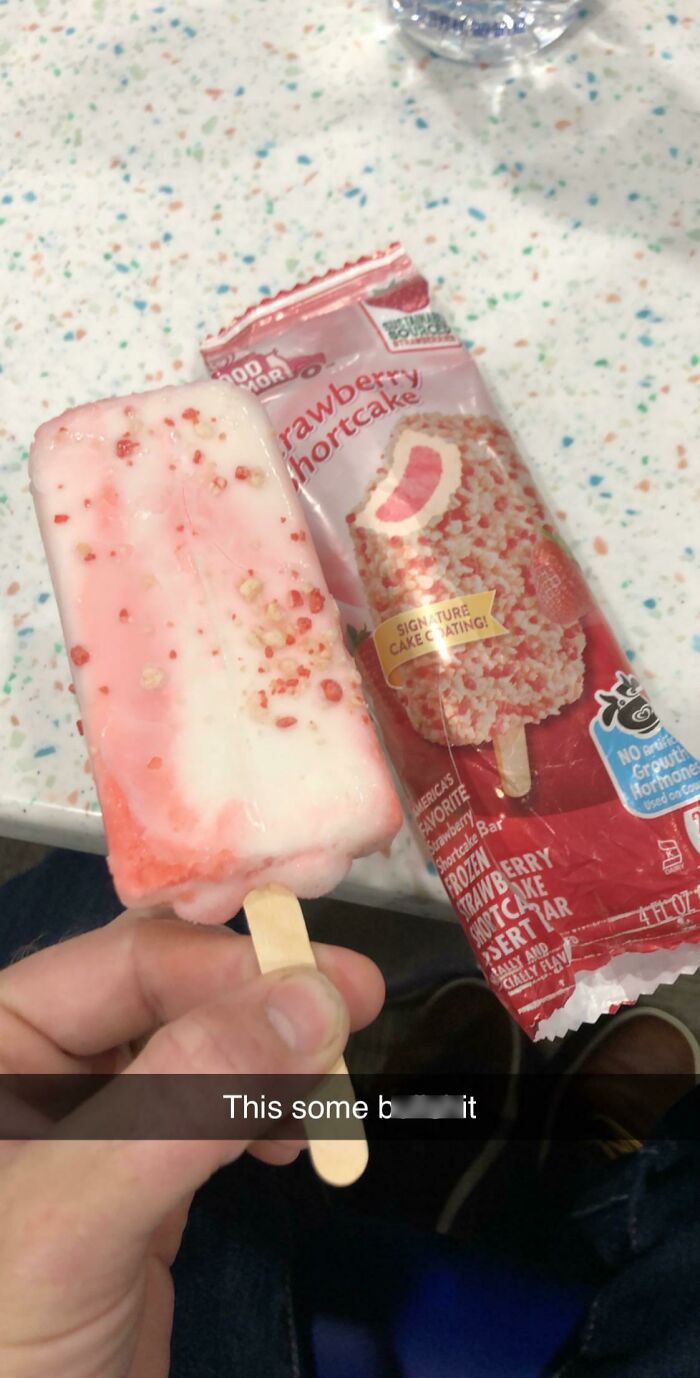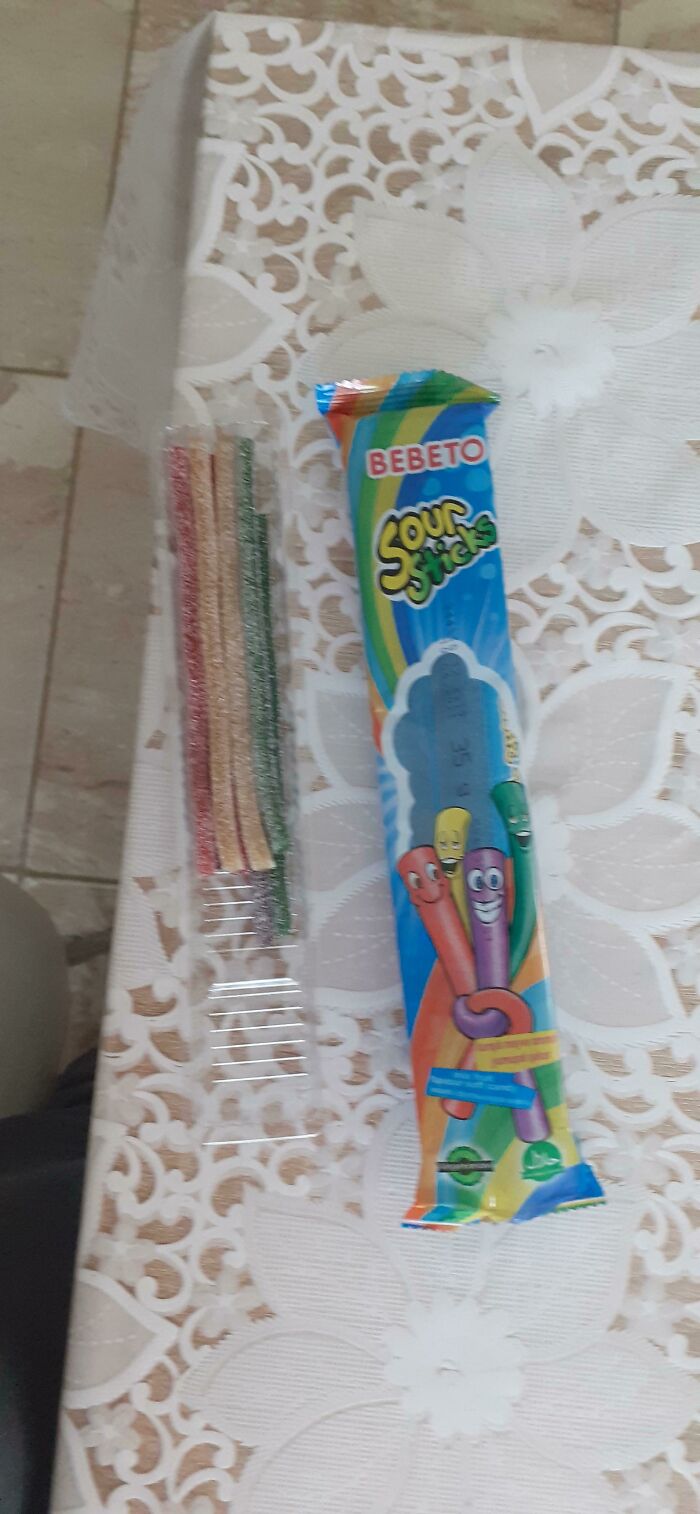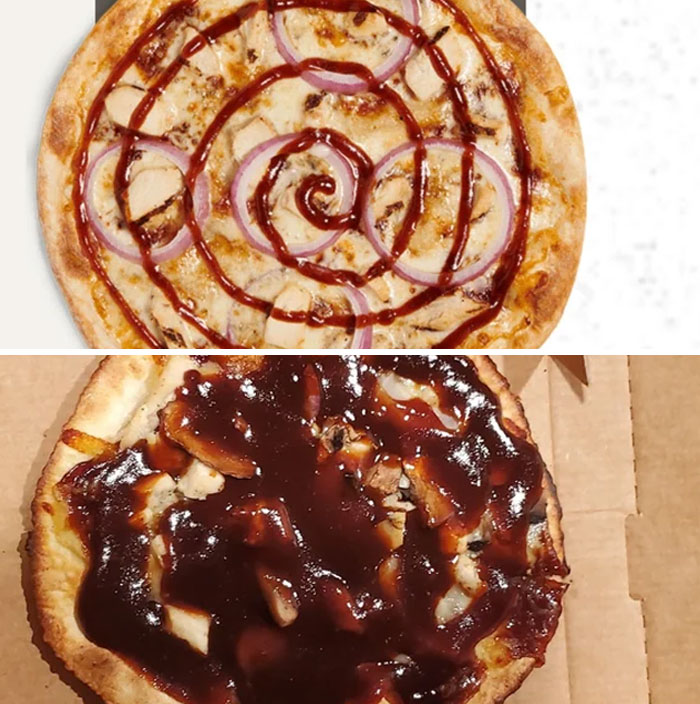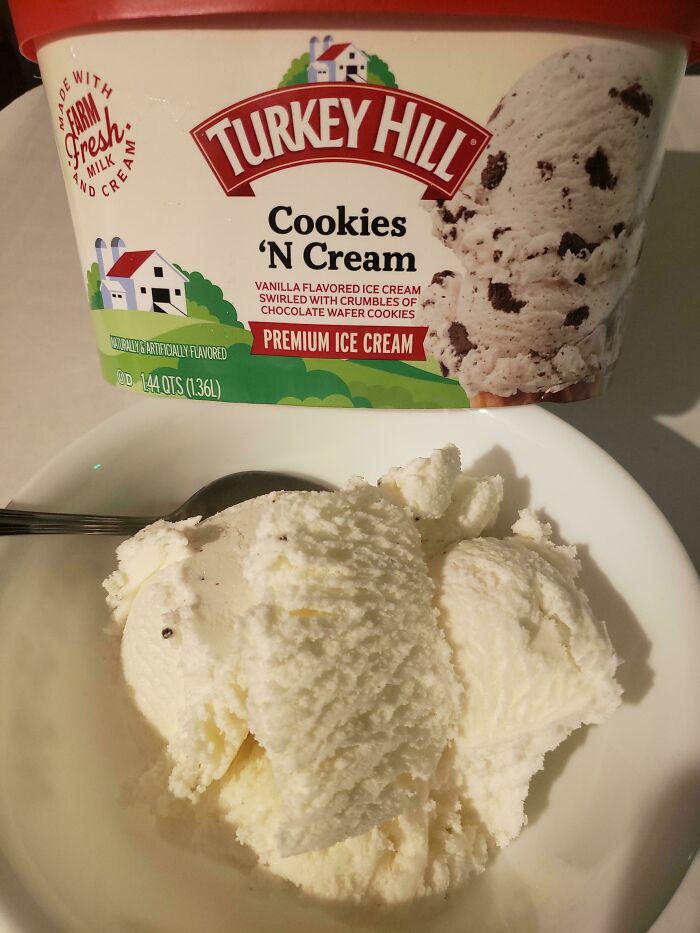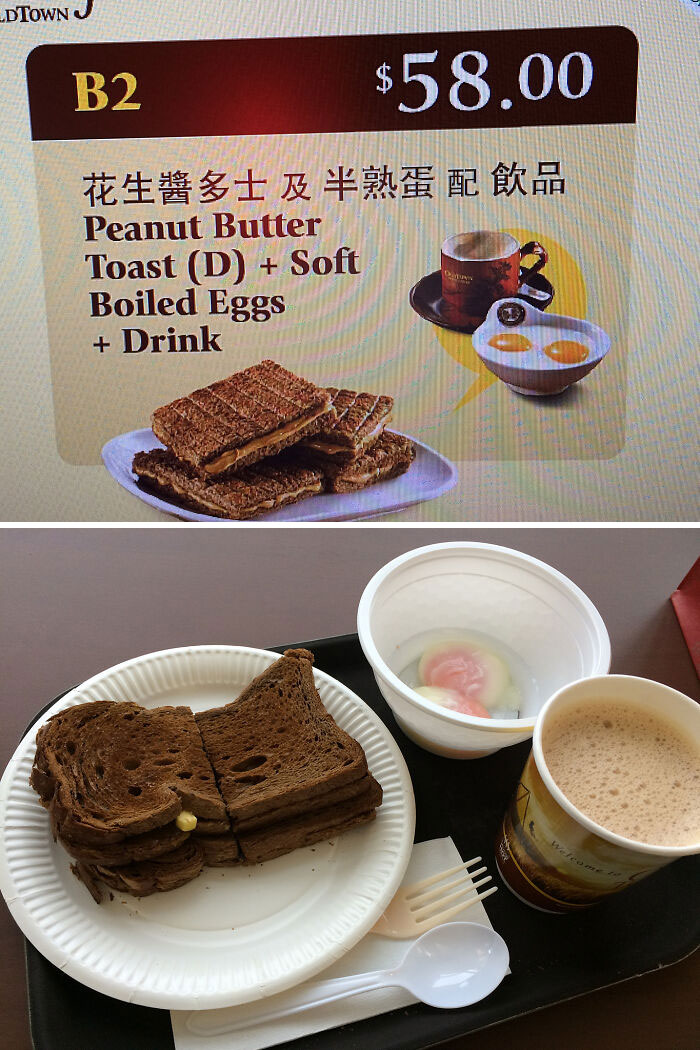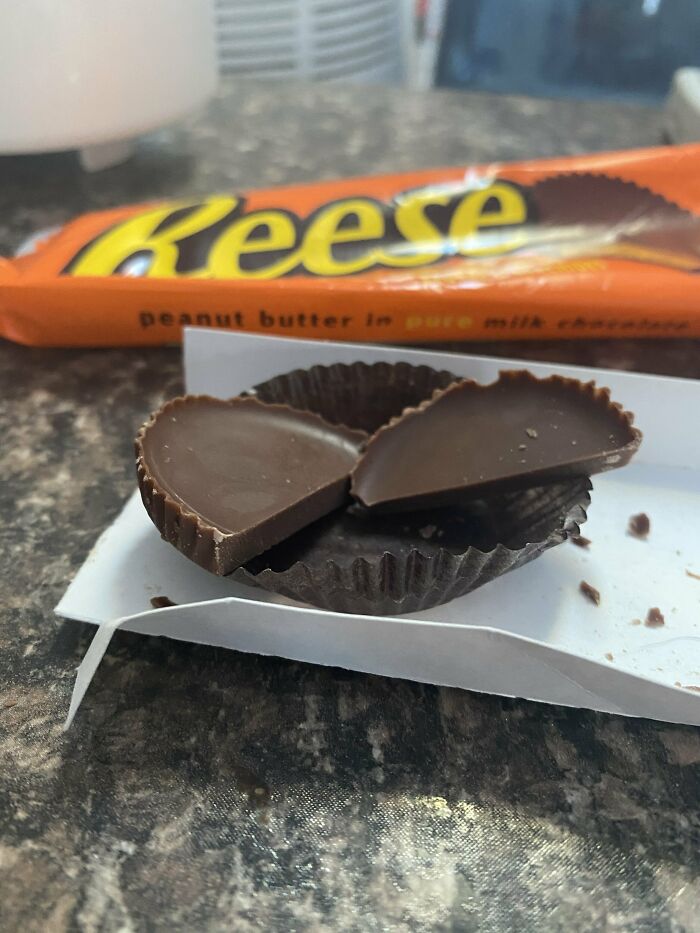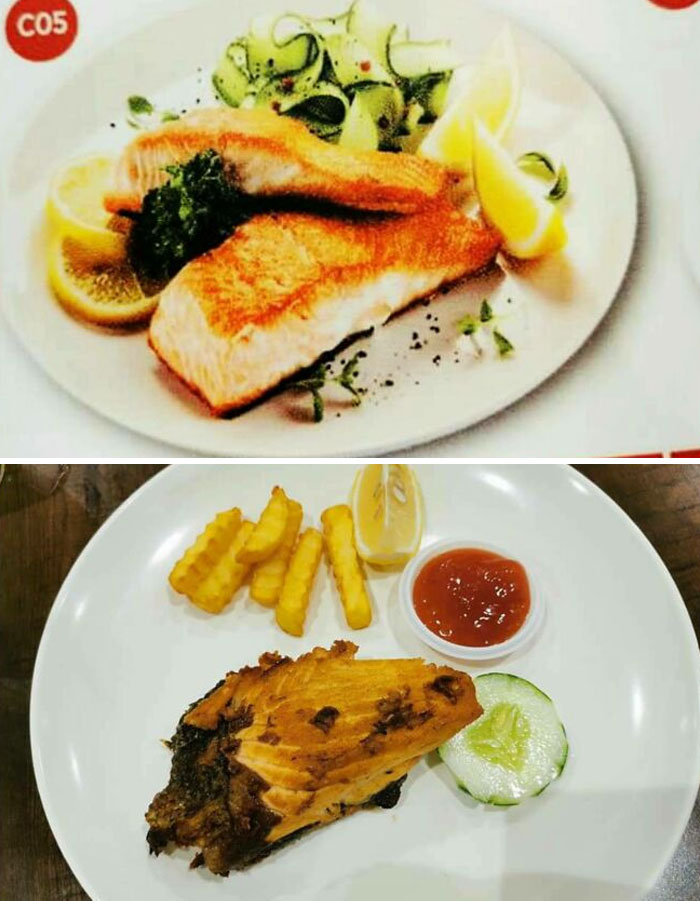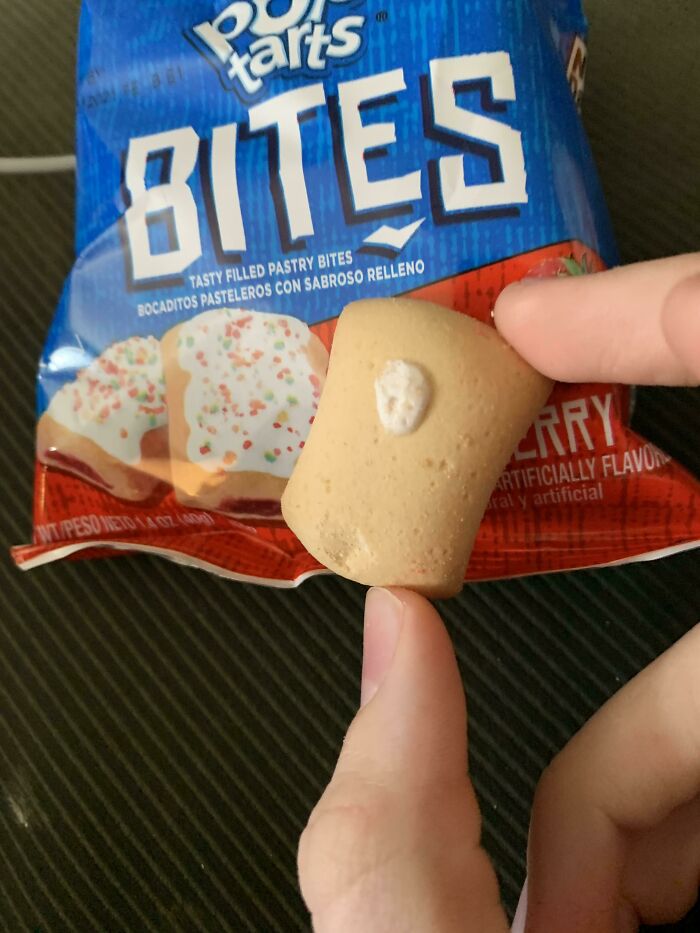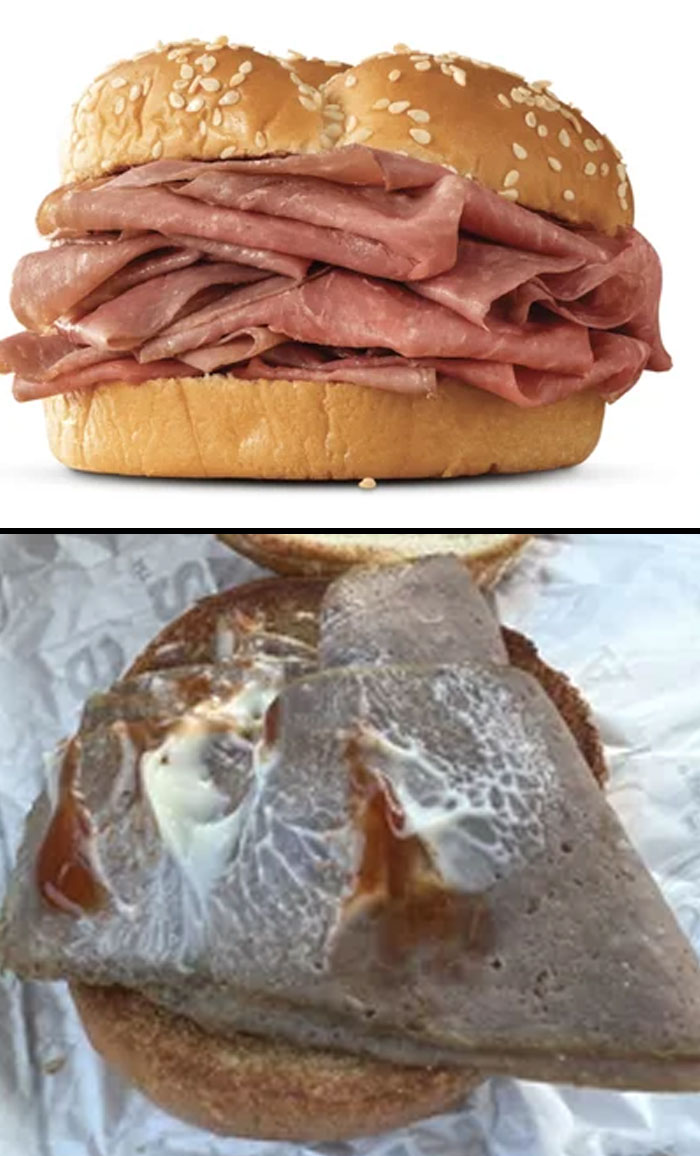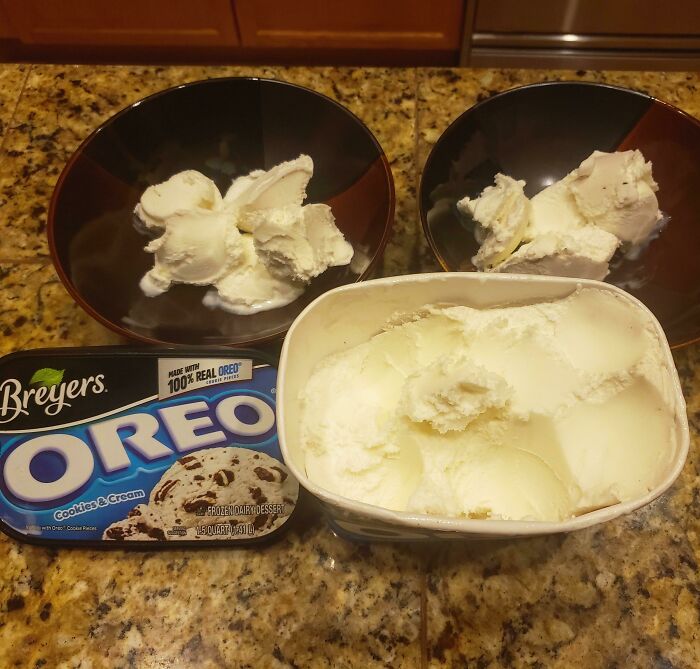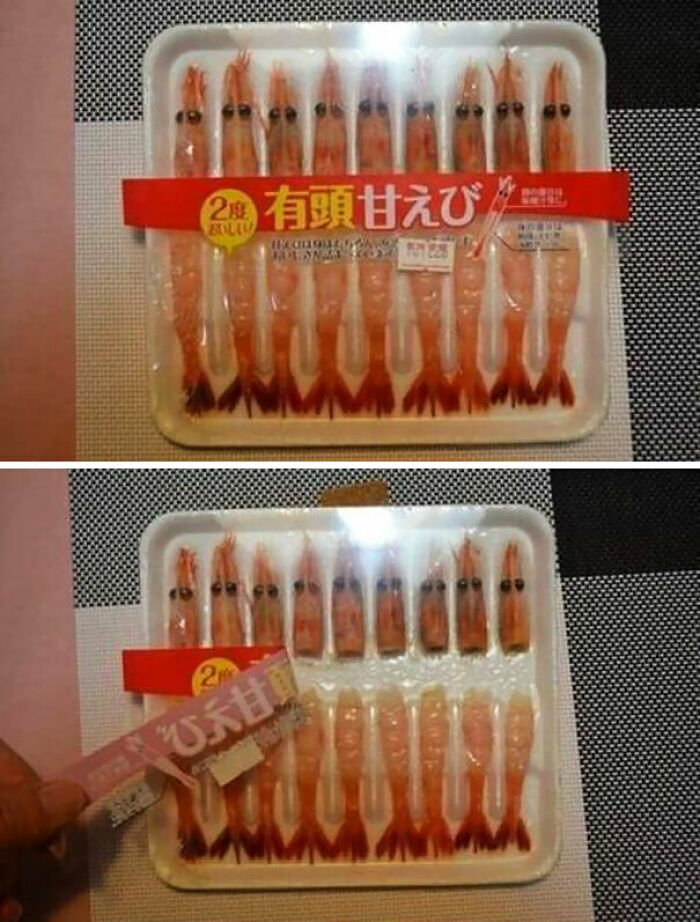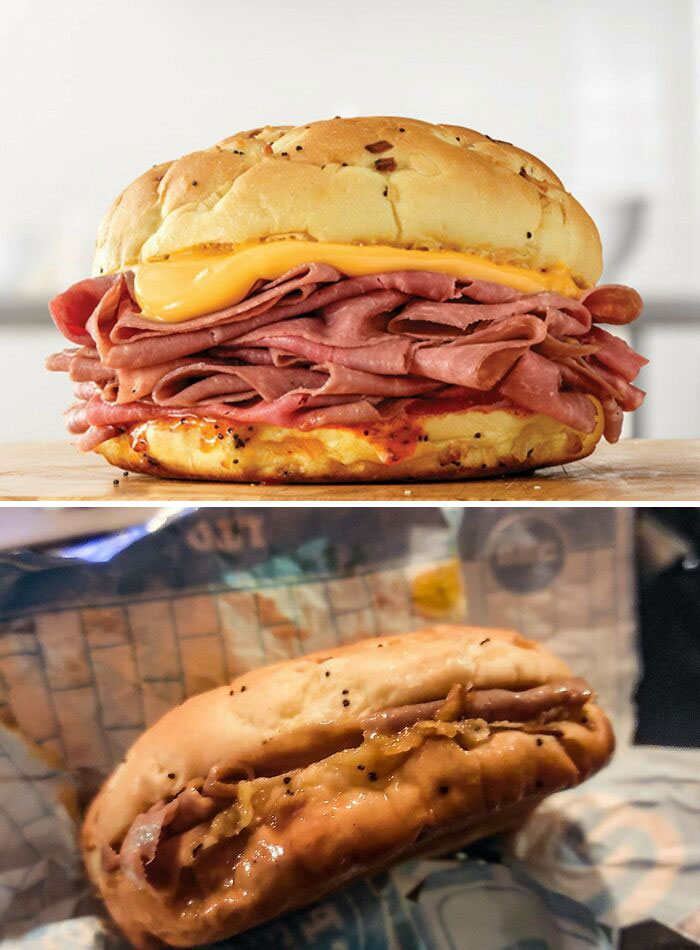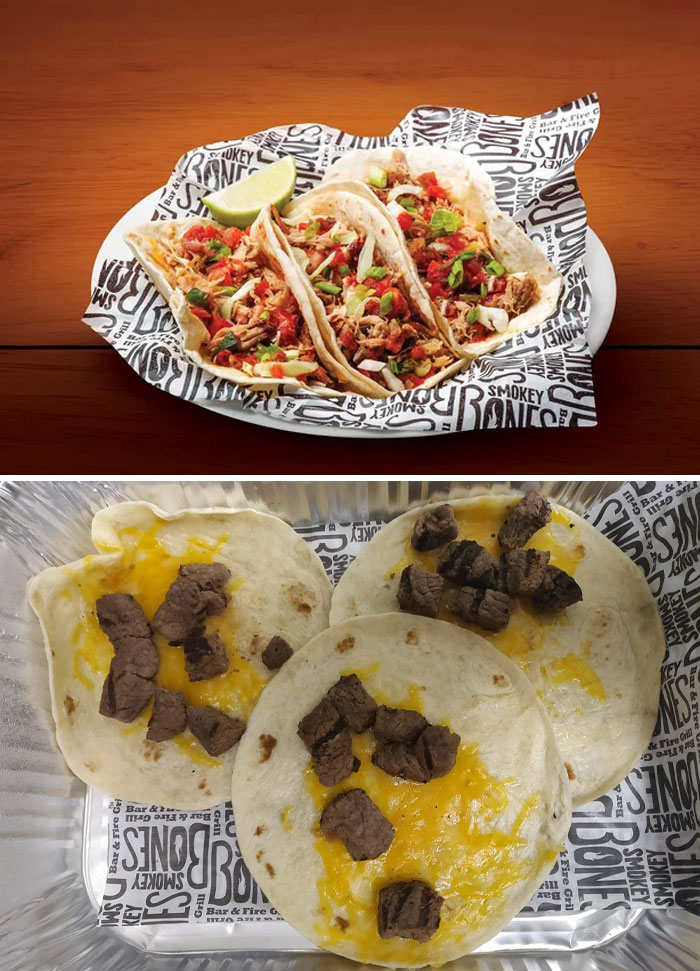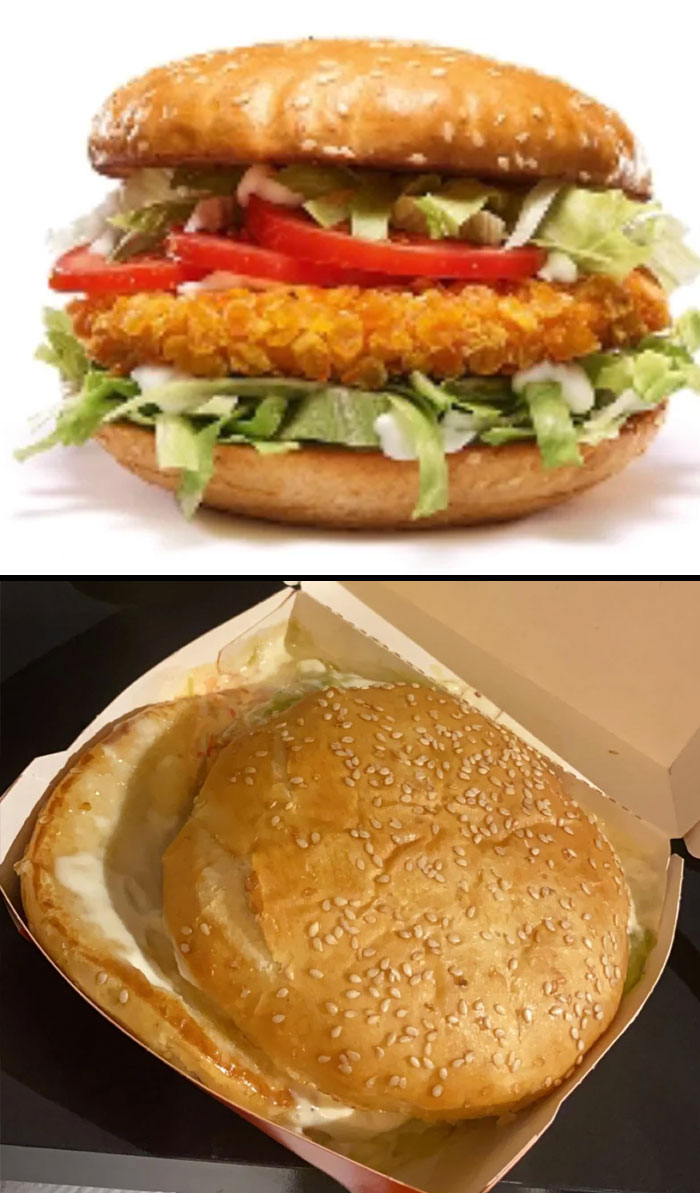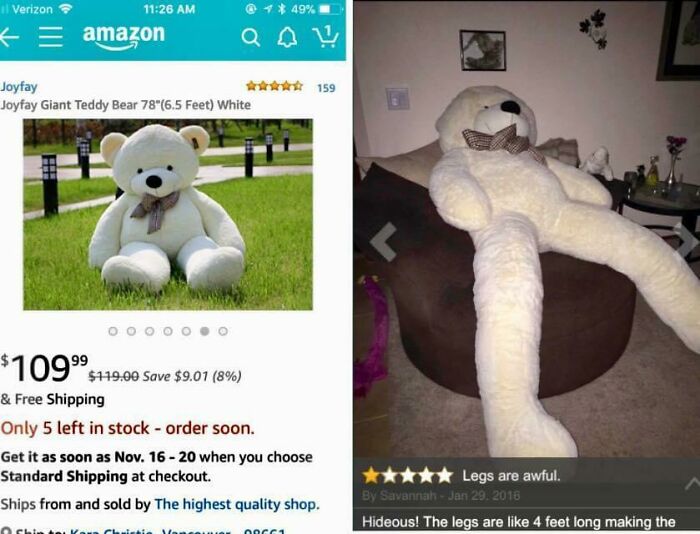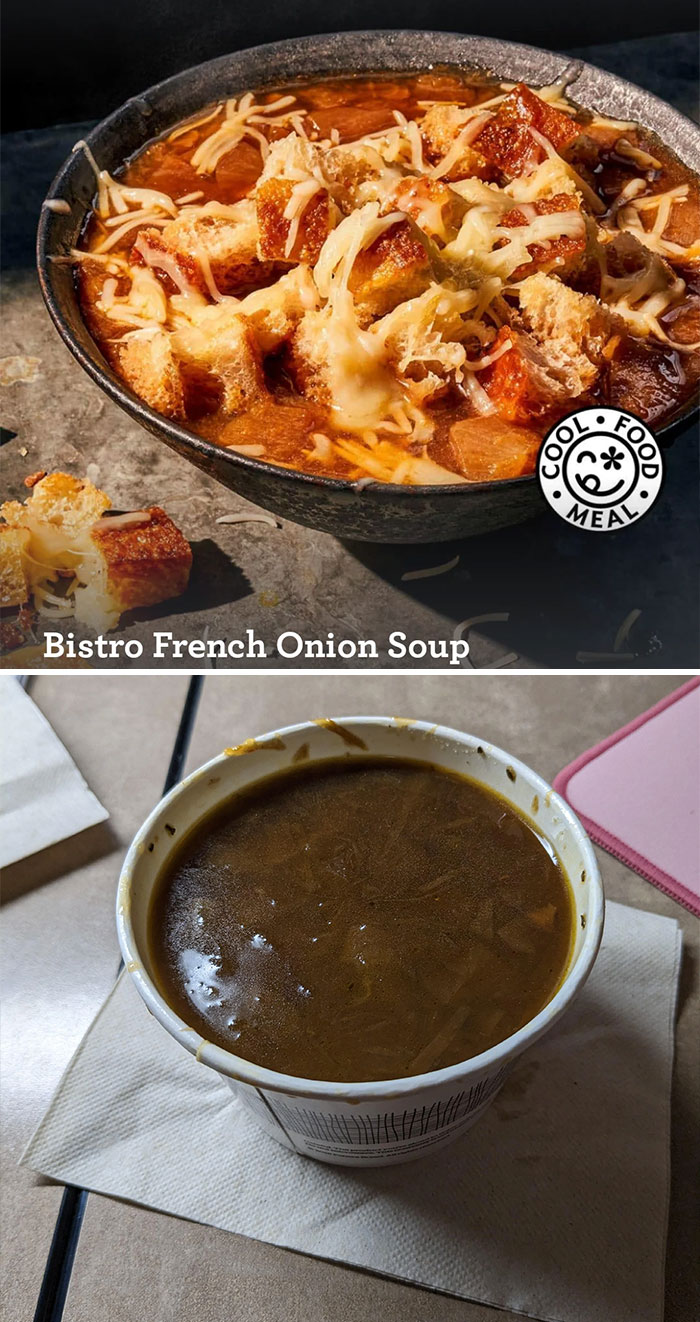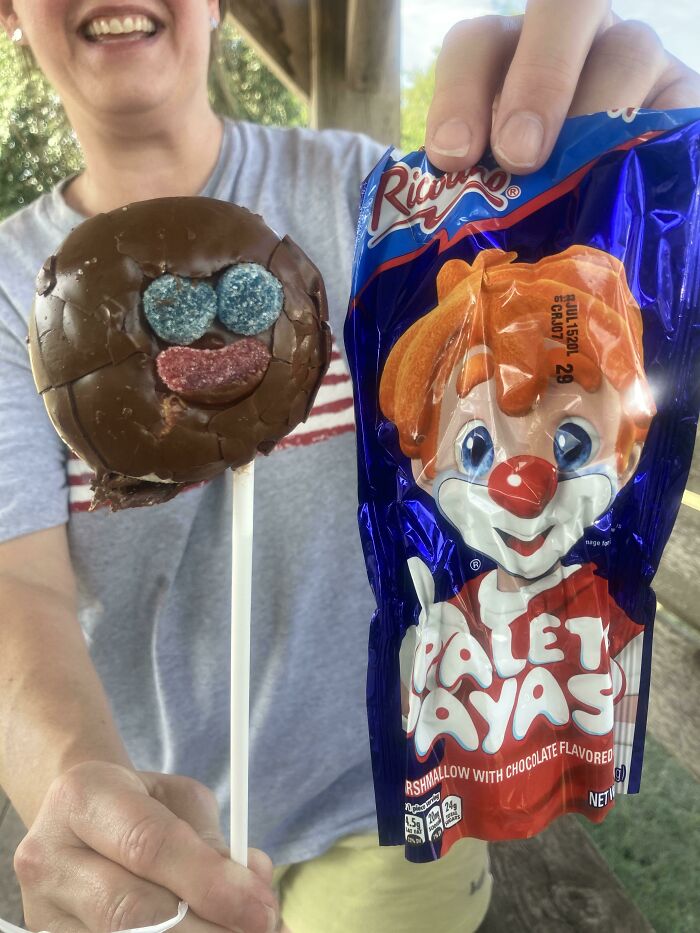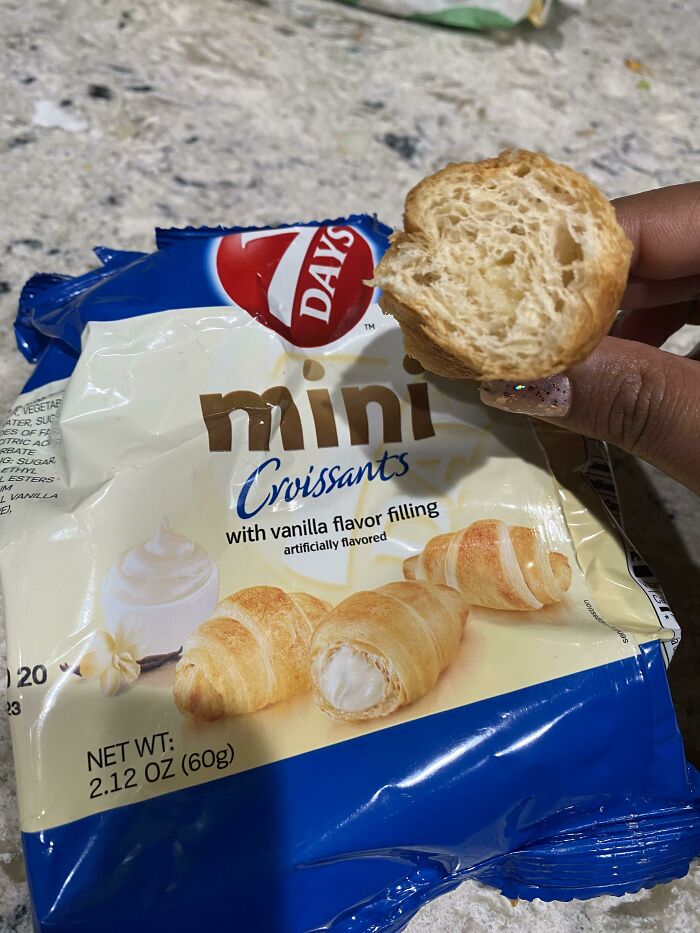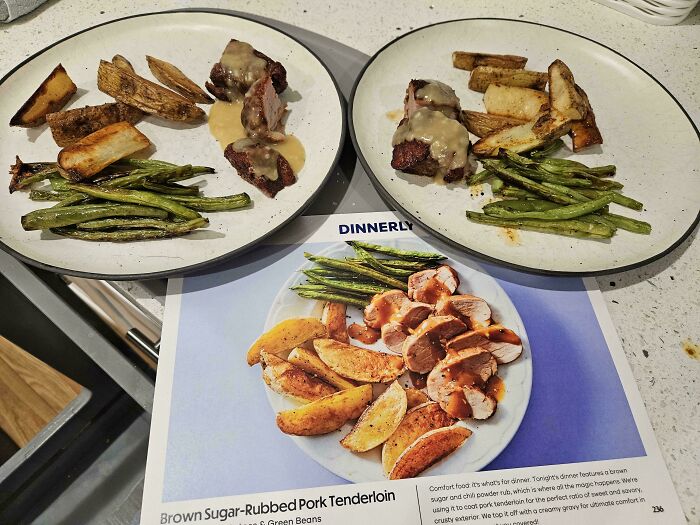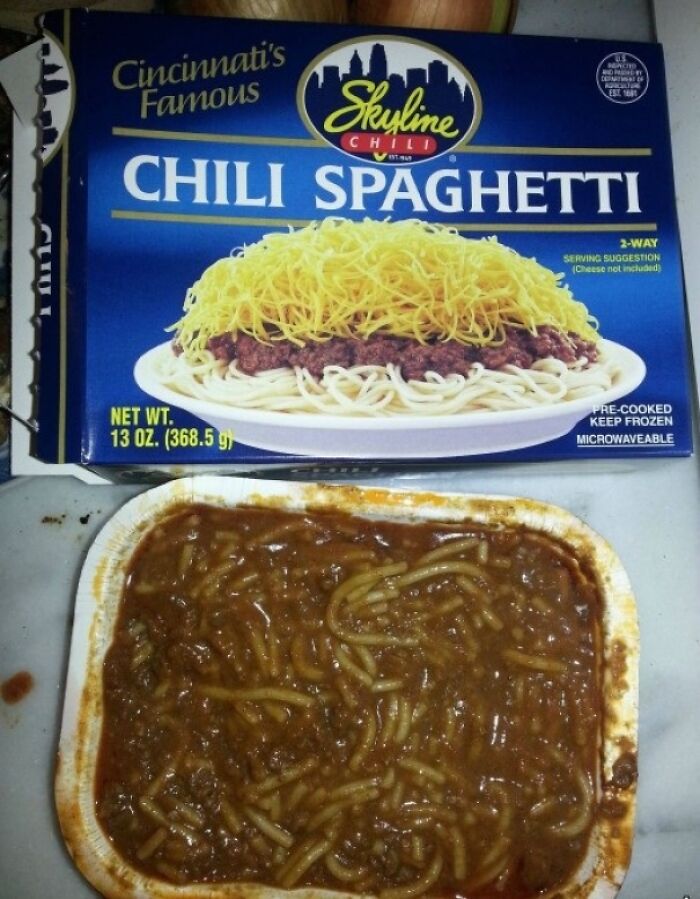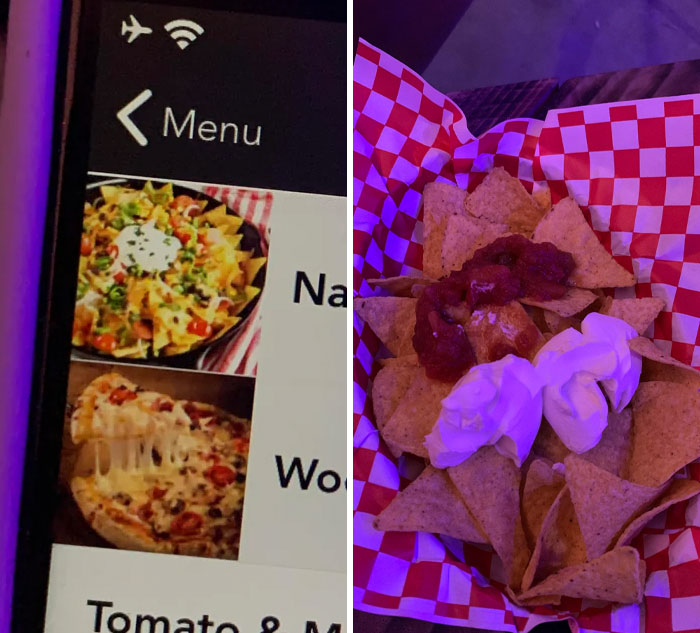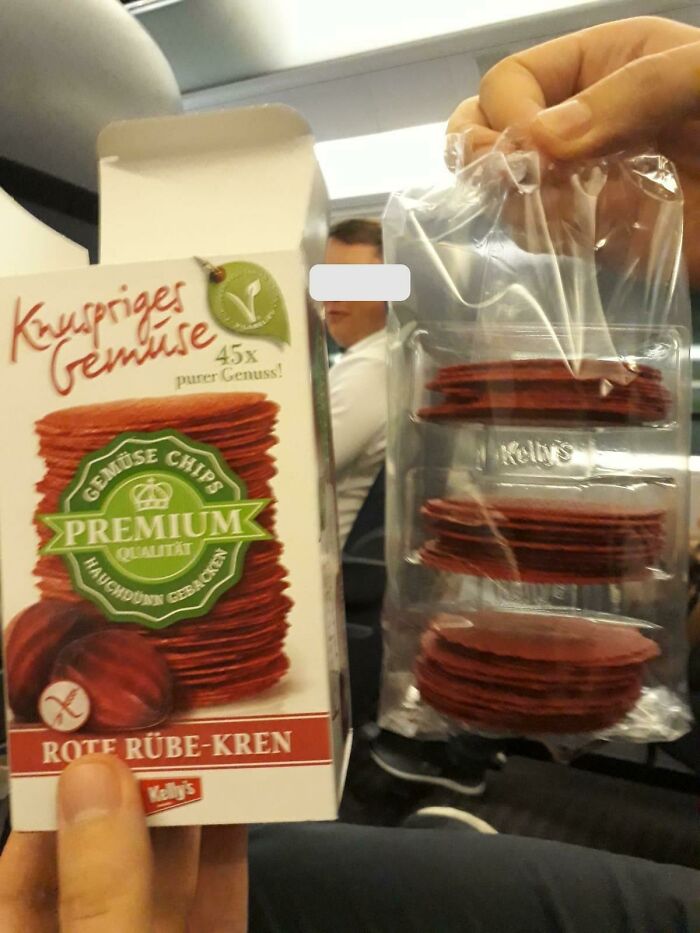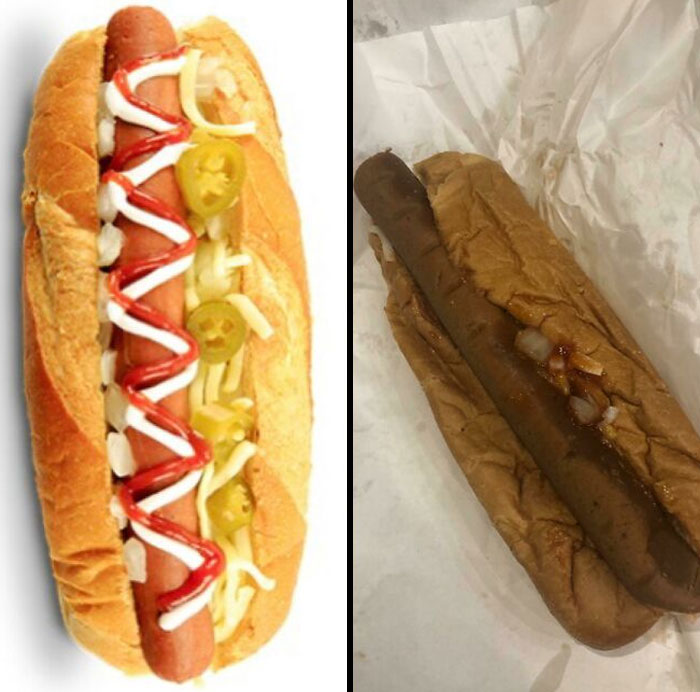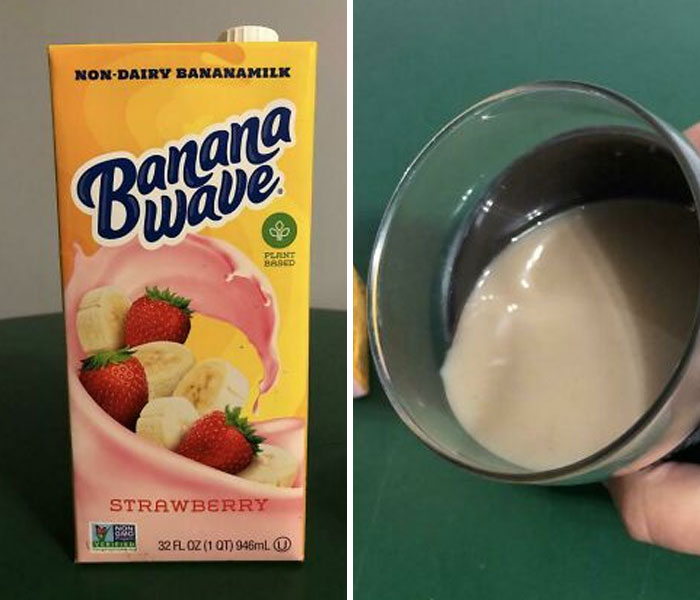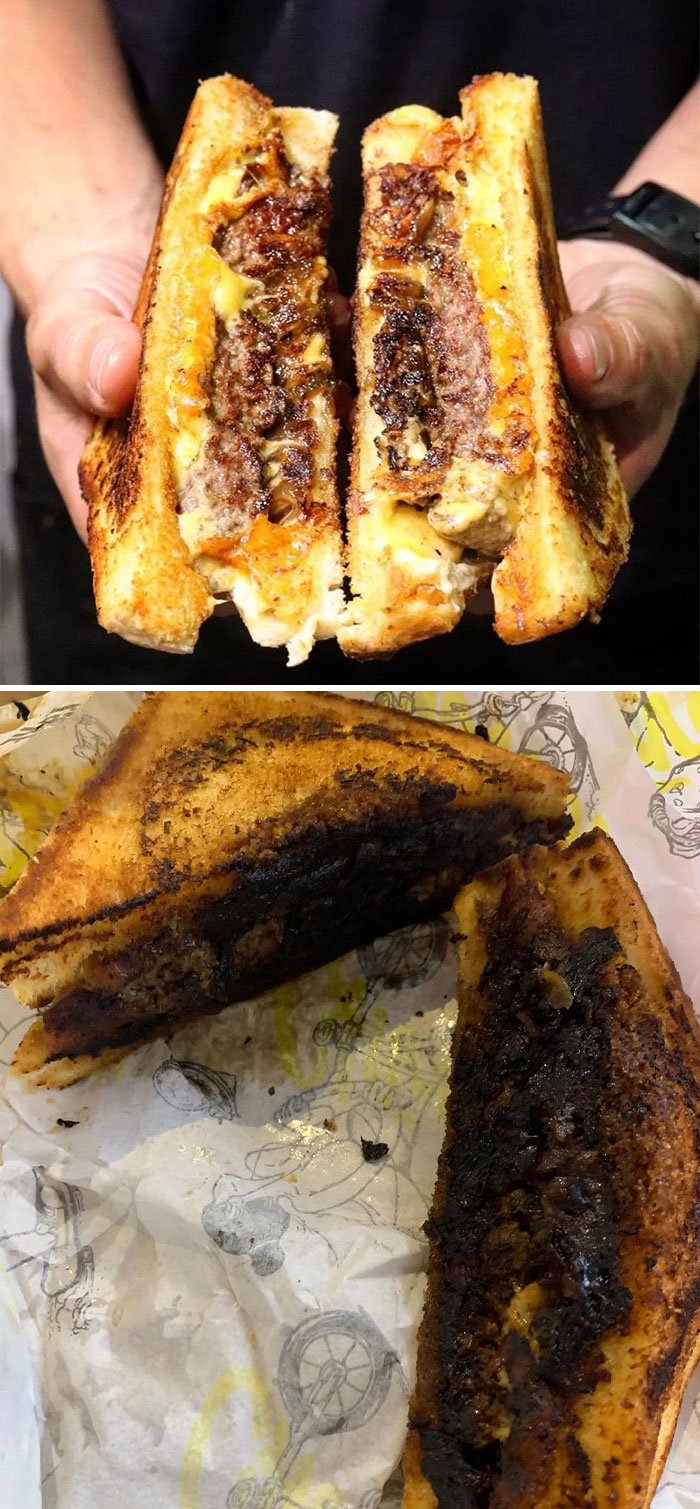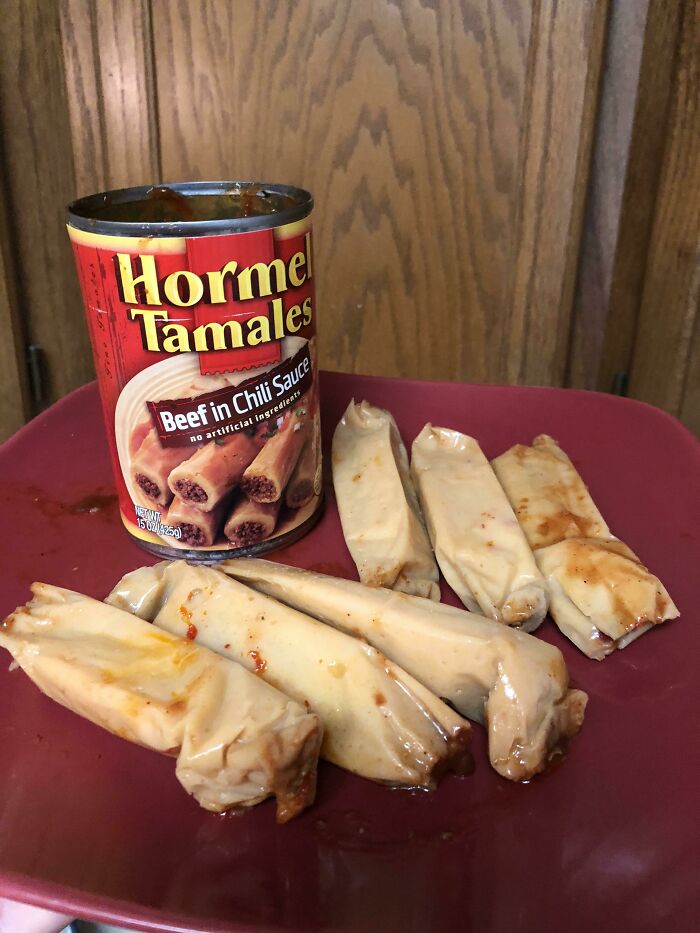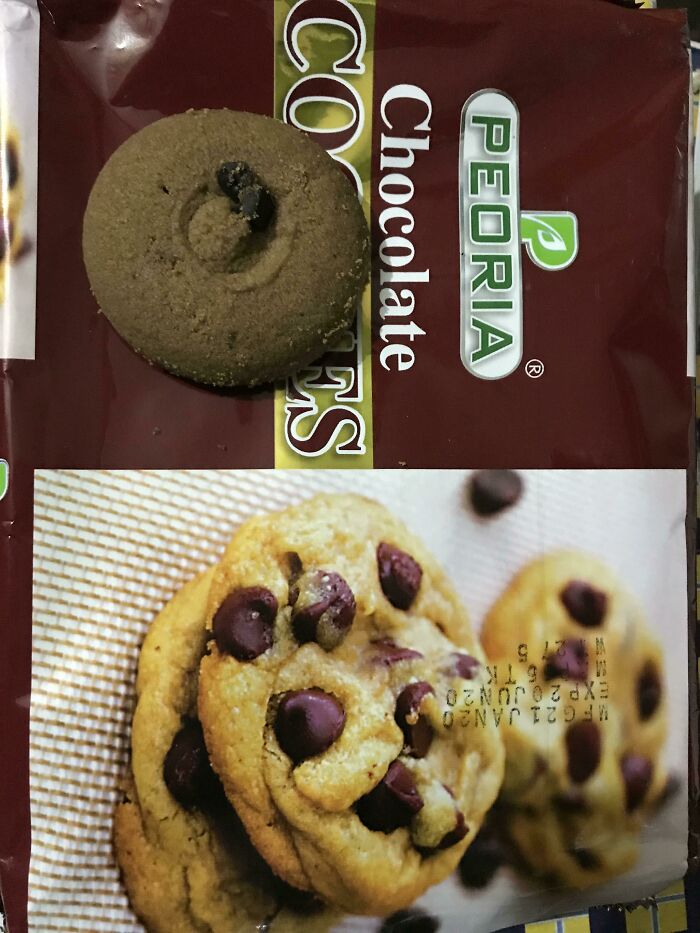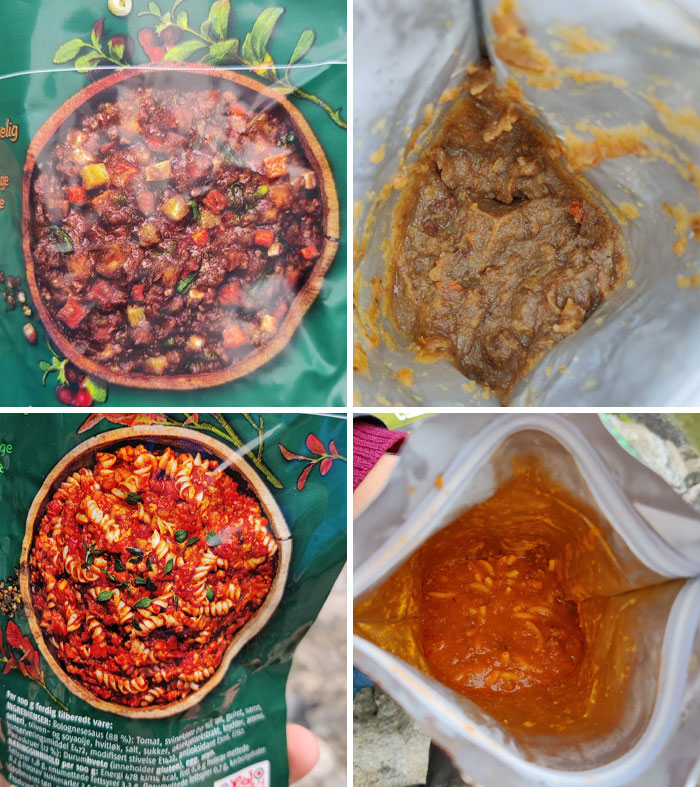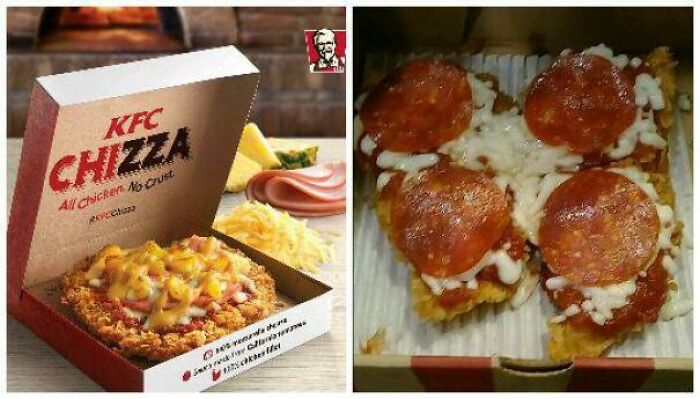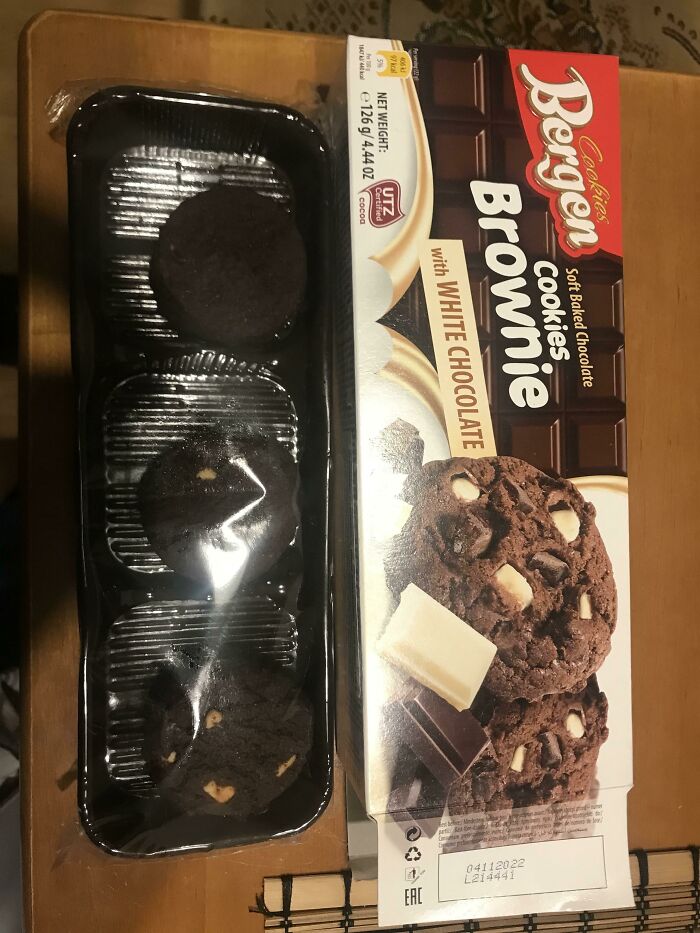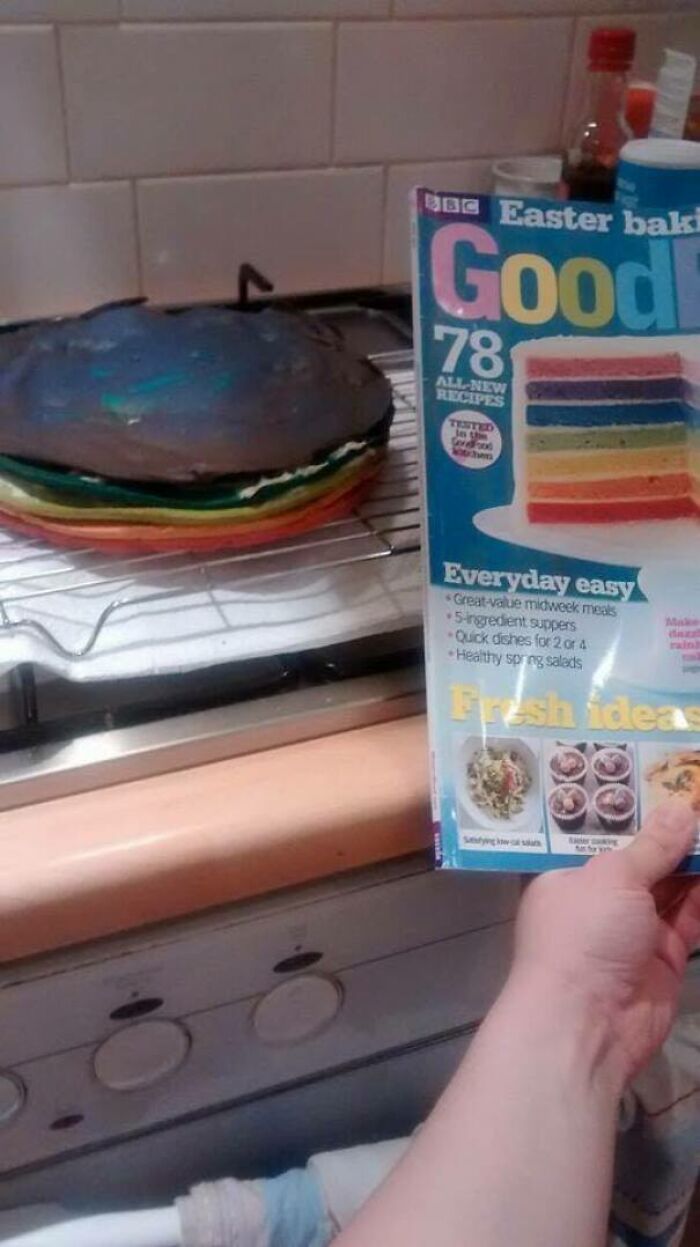So we at Bored Panda put together a list of pictures people shared after they realized the gap between what they wanted and what they got. Looks like there was plenty of room for dessert! In such cases, plaintiffs typically argue that companies are going beyond simple marketing hyperbole and misrepresenting their food and drinks — whether it’s promising ingredients that aren’t there or displaying promotion images that don’t match the real-life items. Subway’s “100% tuna” sandwiches either partially or completely lack tuna, Taco Bell skimps on the fillings in its Mexican Pizza, Crunchwrap Supreme, and the list goes on. Last year, A&W Concentrate Co. agreed to pay up to $15 million to settle claims that its root beer and cream soda weren’t “made with aged vanilla,” as the labels suggested. And back in 2014, Red Bull announced it would pay more than $13 million to settle a lawsuit brought by buyers who said the energy drink didn’t — as the marketing materials promised — “give you wings.” When companies settle cases, payouts to an individual consumer may be relatiively small, but attorneys’ fees can be substantial. Though not every case may result in a monetary settlement, experts say the uptick in deceptive marketing cases may cause companies to be more cautious in their ads in the future. So it can very well mean that in the long run, the difference between what we expect from food products and what we actually receive will shrink! Follow Bored Panda on Google News! Follow us on Flipboard.com/@boredpanda! Please use high-res photos without watermarks Ooops! Your image is too large, maximum file size is 8 MB.
